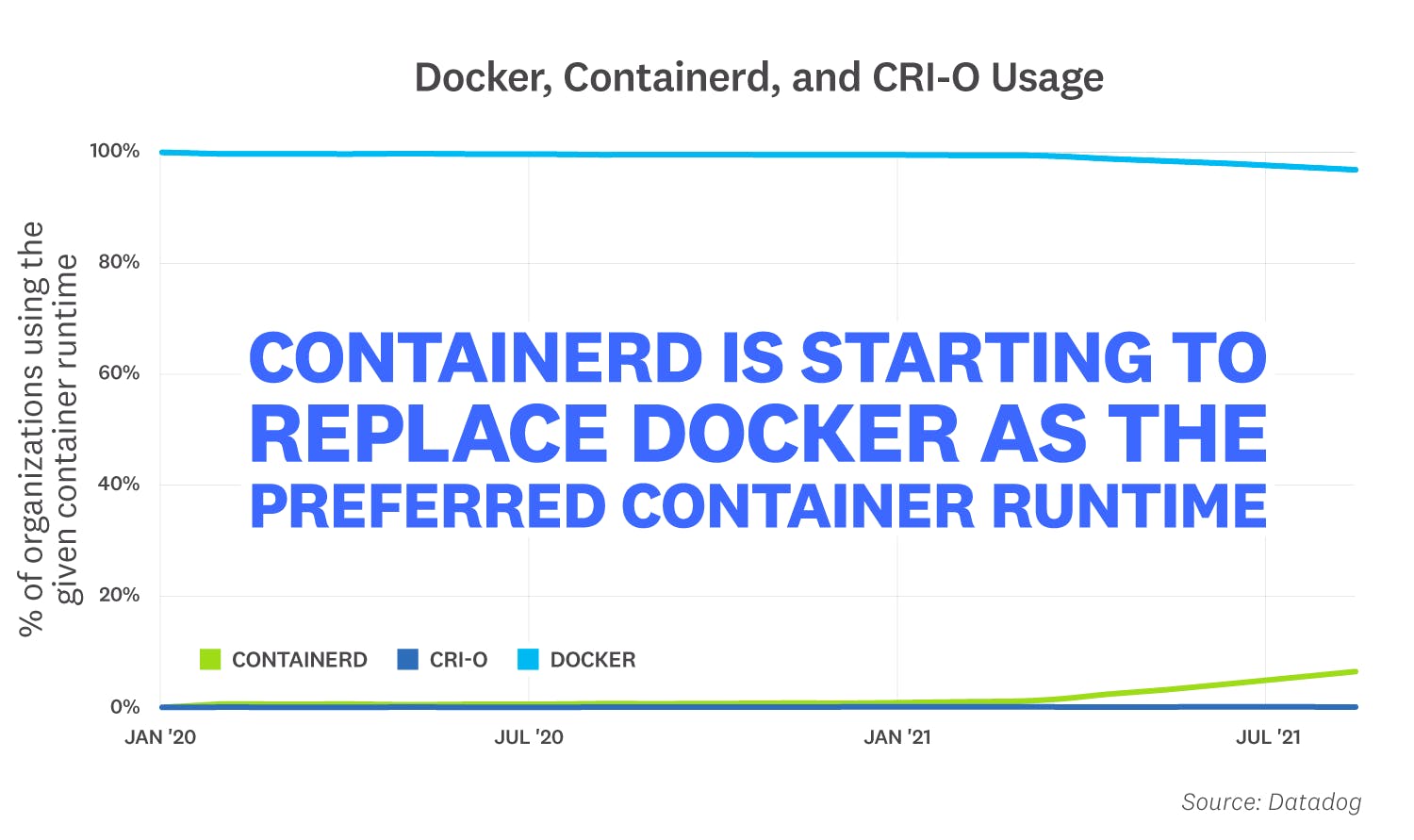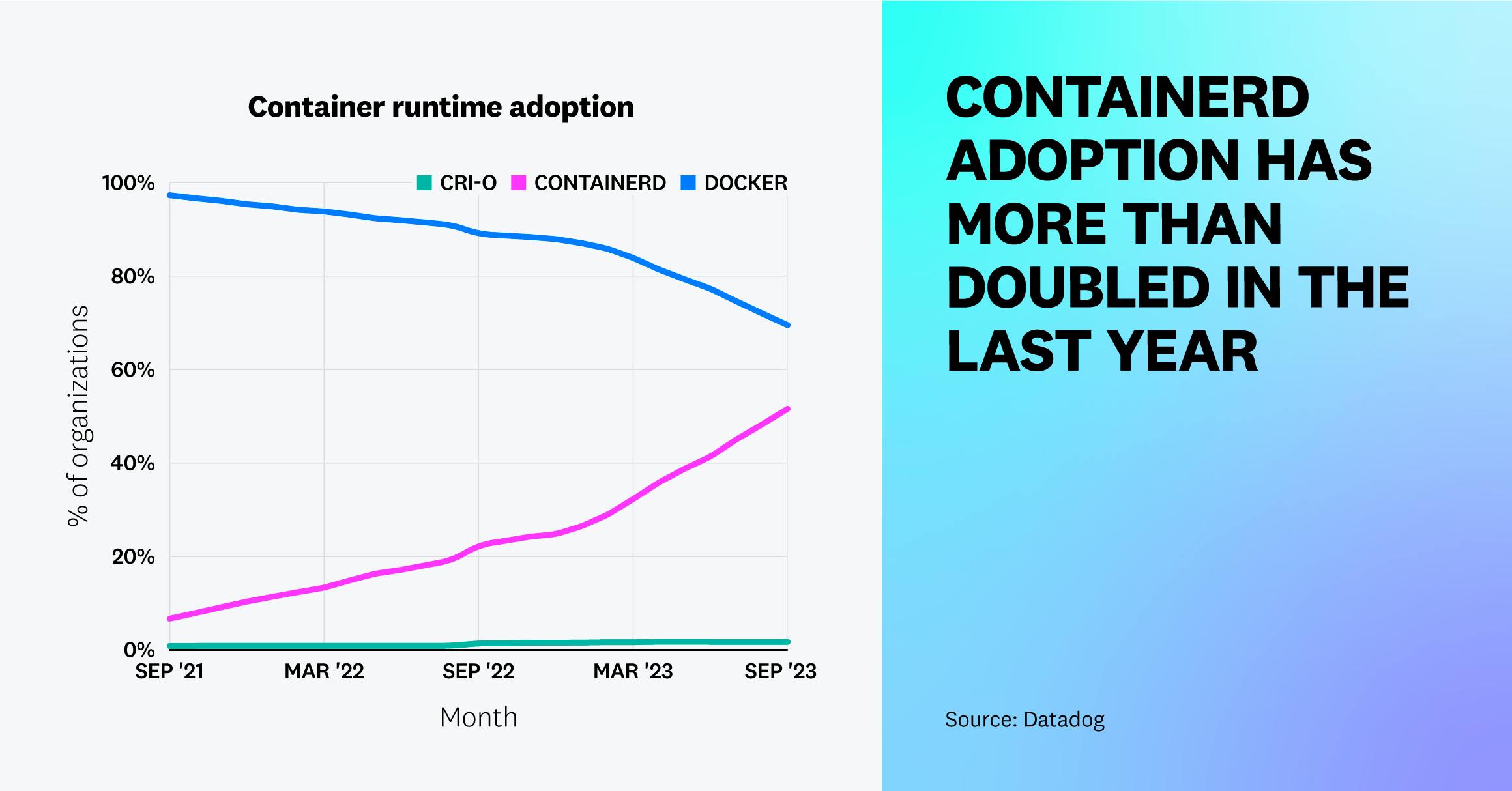- cri-o packages have moved to pkgs.k8s.io: https://kubernetes.io/blog/2023/10/10/cri-o-community-package-infrastructure/
- The new packaging format depends on some k8s distro packages. This makes the assumption that the most recent stable k8s is expected to work with the most recent stable cri-o.
- Since cri-o is also installed in the Kicbase/ISO via a different method, further work might still be needed for that case: https://github.com/kubernetes/minikube/issues/18359

